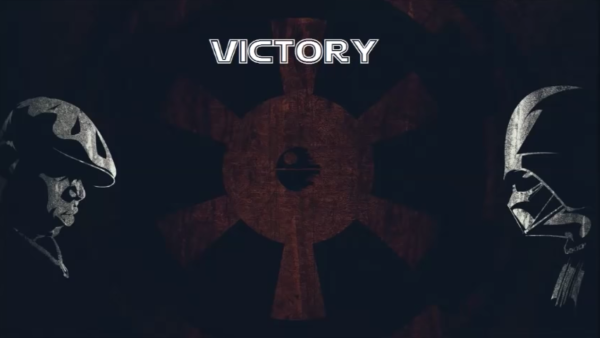“We are on the precipice of creating a generational format shift, of the kind that revolutionizes industries. Sheet music to recorded music, radio to physical media like records, tapes and CDs.” According to the co-inventor of the Open Index Protocol, Amy James, “we are about to see some giant companies fall and the next legendary companies rise.”
The change underlying this is the ability to create a unified index as an open protocol. In the 1990s peer-to-peer clients like Napster and Kazaa attracted millions of users, becoming some of the most popular websites in the history of the Internet. But they couldn't protect copyright, and eventually walled garden models like Itunes arrived to replace them, in part aided by a 2005 Supreme Court ruling which the Napster-style file-sharing model illegal.
In the 1990s peer-to-peer clients like Napster and Kazaa attracted millions of users, becoming some of the most popular websites in the history of the Internet
Forward thirty years, and we're getting old. That's okay, because the free, fun and flowing cyberspace of the 1990s - ran by users and not corporations - is about to make an encore on the blockchain. That future will be decentralized and based on micro-payment, licensing and distribution systems you control.
The key change? The blockchain is designed to respect intellectual property law, privacy and the law of contract. Get paid. Don't get de-platformed.
content creators on facebook, youtube and other platforms have no control over their future. Your content can be demonetized or deemed 'not advertiser friendly' at any time. It's digital serfdom.
Think about it like this. Right now, if you are a digital content creator, you’re essentially “sharecropping.” In essence, this involves publishing content to giant corporations that don't answer the phone - ever. They benefit from the audience you send over to proprietary platforms.
A tiny fraction of the derived value goes back to you. As such, content creators on facebook, youtube and other platforms have no control over their future. Your content can be demonetized or deemed 'not advertiser friendly' at any time. It's digital serfdom.
On the blockchain there is no interlocutor; no platform mediating the relationship between creator and audience. That means selling a song for any price, in addition to controlling access, copyright and distribution terms in a way that works for a specific content niche.
On the blockchain there is no interlocutor; no platform mediating the relationship between creator and audience
This might mean paying $0.01 for a cat video, or $50 for expert educational and training content. It might mean allowing your network to re-share your content for free, or paying influencers a percentage commission to boost it across to their network.
Complex licensing functionality also means that someone, somewhere, could film and publish a new ending to Game of Thrones…. and do it legally.
If you’re a copyright lawyer and slightly confused right now, watch the below (@ 9.52). Or vibe to Biggie remixed with Star Wars. Wouldn't you pay for this?
Full disclosure: Al Bawaba is exploring blockchain solutions on the Open Index Protocol.







